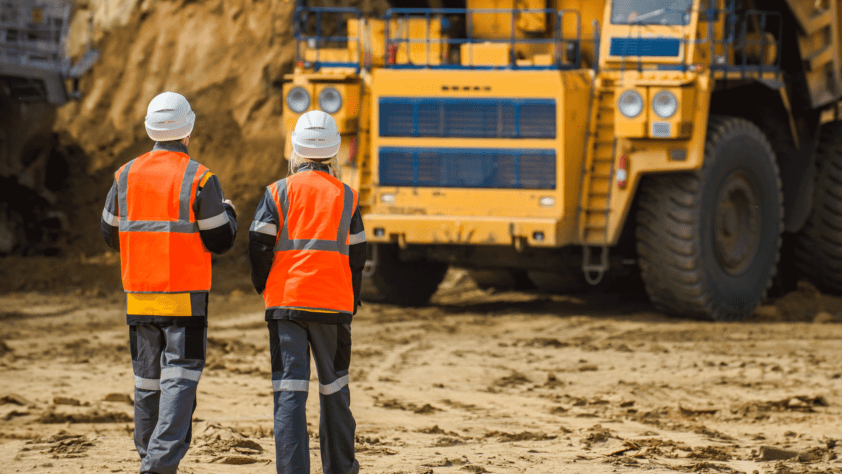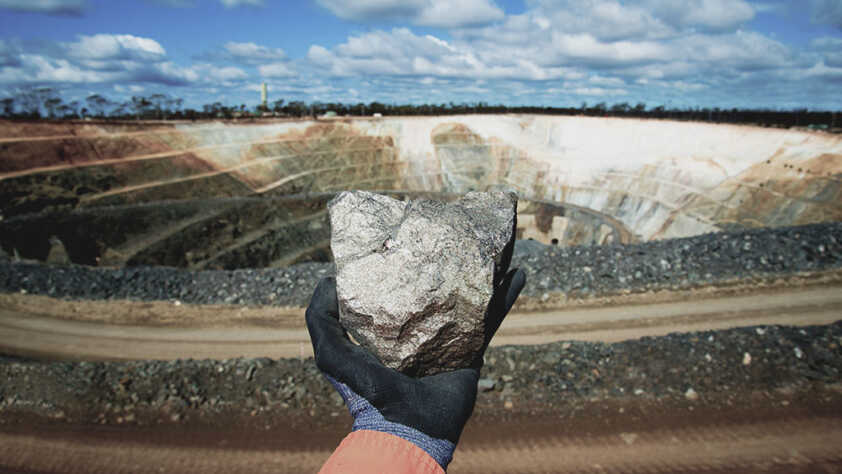Statement by Brendan Pearson, chief executive, Minerals Council of Australia & Reg Howard-Smith, chief executive, Chamber of Minerals & Energy
The imposition of an additional $7.2 billion tax on Western Australia’s iron ore producers would make Australia the world’s highest taxing iron ore jurisdiction, according to a new study by one of the world’s most respected analysts of international corporate tax regimes.
The Grylls tax would increase the marginal effective tax rate on iron ore from 37 per cent to 45 per cent, the highest in the world, the study found.The Grylls tax would mean that Australia’s effective tax rate on iron ore would be three times larger than that of Brazil, our largest competitor.
The study was led by Dr Jack Mintz, the President’s Fellow at the School of Public Policy at the University of Calgary in Canada. Dr Mintz has developed one of the world’s most comprehensive and sophisticated data-sets of national corporate taxation regimes and previously chaired a detailed major inquiry into Canada’s corporate tax system.
The study comprehensively debunks the Mr Grylls claim that Western Australia’s iron ore sector is lightly taxed.
The study finds that that Western Australia already imposes the largest royalty burden in the world and that the new tax would equate to an effective doubling of the overall royalty rate in WA on iron ore.
“The Grylls tax would represent a gold-plated gift to Australia’s iron ore competitors, most notably Brazil,” said Brendan Pearson, MCA Chief Executive. “With iron ore accounting for 16 per cent of Australia’s export income, this tax would represent a massive self-inflicted wound on both the national and Western Australian economies,” he said.
“The new tax will hurt, not help Western Australian regional communities,” said Reg Howard-Smith, CME Chief Executive. “Western Australia would officially become the least attractive destination for investment in the world. It would undo, in one fell swoop, the efforts of successive Western Australian governments of both political persuasions to develop the great iron ore province of the Pilbara,” he said.
While other nations are reducing their overall tax burden on iron ore, Mr Grylls wants to double the burden on major Western Australian producers.
His claim that major iron producers only pay a rental of 25 cents per tonne for iron ore production is wrong. The truth is that major WA producers’ total royalty and income tax contribution to the State and Federal governments is A$17.50 per tonne.
The new study desiccates the Grylls cases for a new iron ore tax. His tax would make Australia the undisputed world champion at iron ore taxation and simply hand market share, investment and growth to our international competitors.




